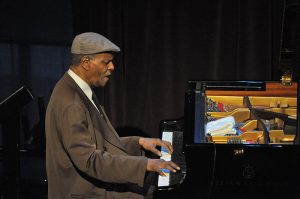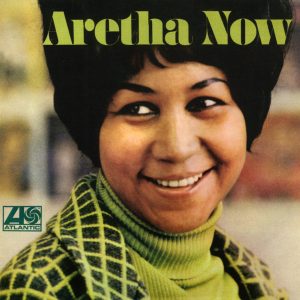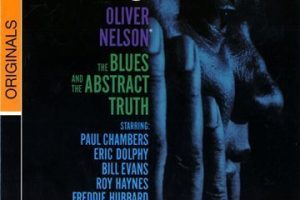Although Elgar is often regarded as a typically English composer, most of his musical influences were not from England but from continental Europe. He felt himself to be an outsider, not only musically, but socially. In musical circles dominated by academics, he was a self-taught composer; in Protestant Britain, his Roman Catholicism was regarded with suspicion in some quarters; and in the class-conscious society of Victorian and Edwardian Britain, he was acutely sensitive about his humble origins even after he achieved recognition. He nevertheless married the daughter of a senior British army officer. She inspired him both musically and socially, but he struggled to achieve success until his forties, when after a series of moderately successful works his Enigma Variations (1899) became immediately popular in Britain and overseas.
The graduation march is in”Land of Hope and Glory,” which is the first of a series of “Pomp and Circumstance Military Marches.” It starts about two minutes into the piece above. It’s funny to see the over-the-top English patriotism on display in light of Elgar’s ambivalence. The video was shot at “The Last Night of the Proms.” The Proms is an eight-week series of events held annually in England, mostly at the Royal Albert Hall. It’s formal name is The Henry Wood Promenade Concerts presented by the BBC.
Elgar was born on June 2, 1857 in Broadheath in the English West Midlands. His father tuned pianos and owned a music shop, which most certainly was much to his advantage. The bio makes reference to the same prejudice as the Wikipedia entry. He learned violin and played organ at a Roman Catholic Church in Worcester.
Elgar’s breakthrough piece was “Variations on an Original Theme (Enigma),” which was published in 1899. The “All About Elgar” profile says that the piece demonstrated that he “had surpassed the other leading English composers of his day, both in technical accomplishment and sheer force of musical personality.”
The first two of the “Pomp and Circumstance Marches” – the first proved to be the most famous – came in 1901. Elgar died in 1934.
Below is “Nimrod,” from the “Enigma Variations.”
Wikipedia entries on the Edward Elgar, the Pomp and Circumstance Marches and The Proms and from All About Elgar were used for this post.










Add Comment